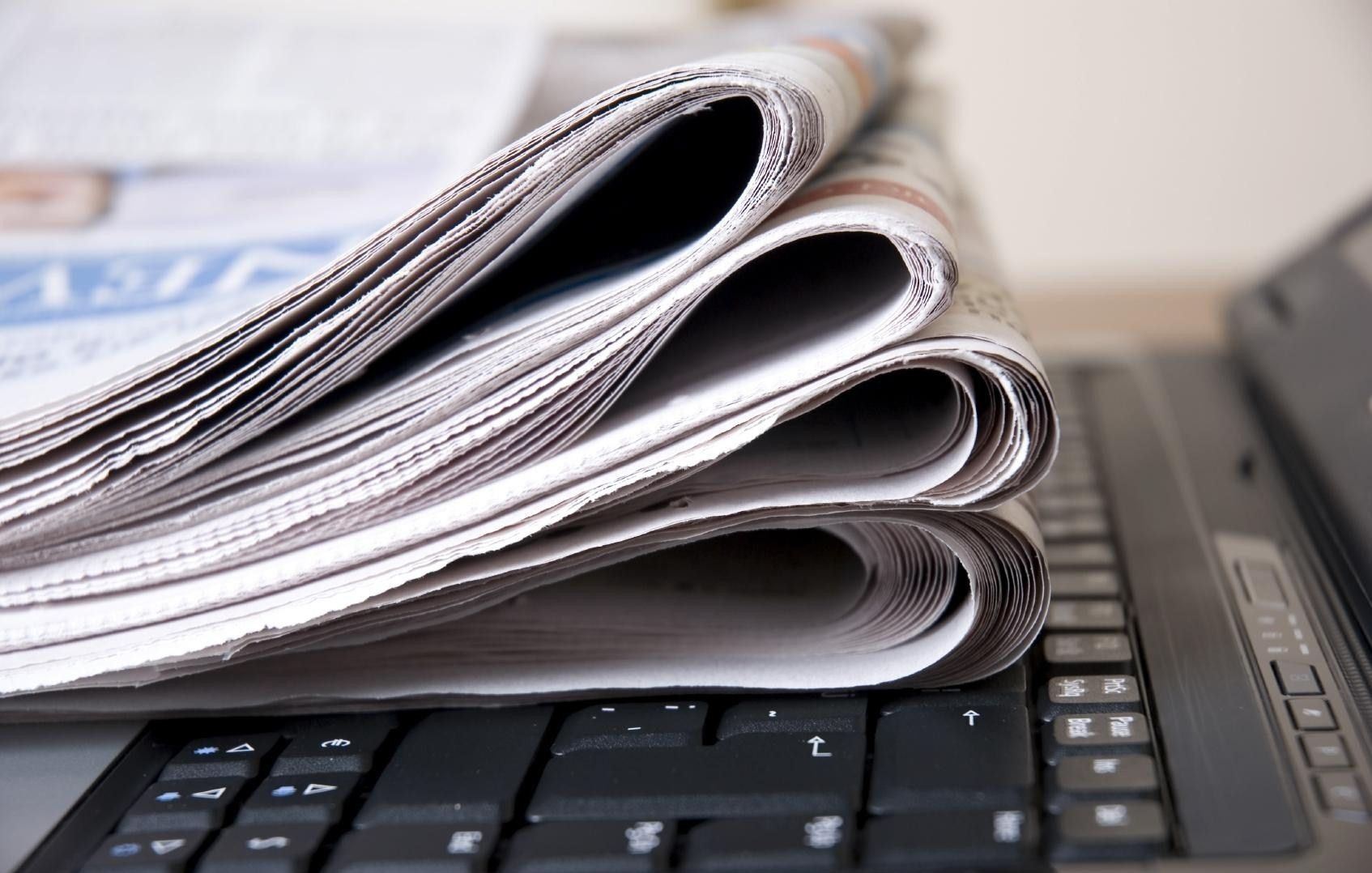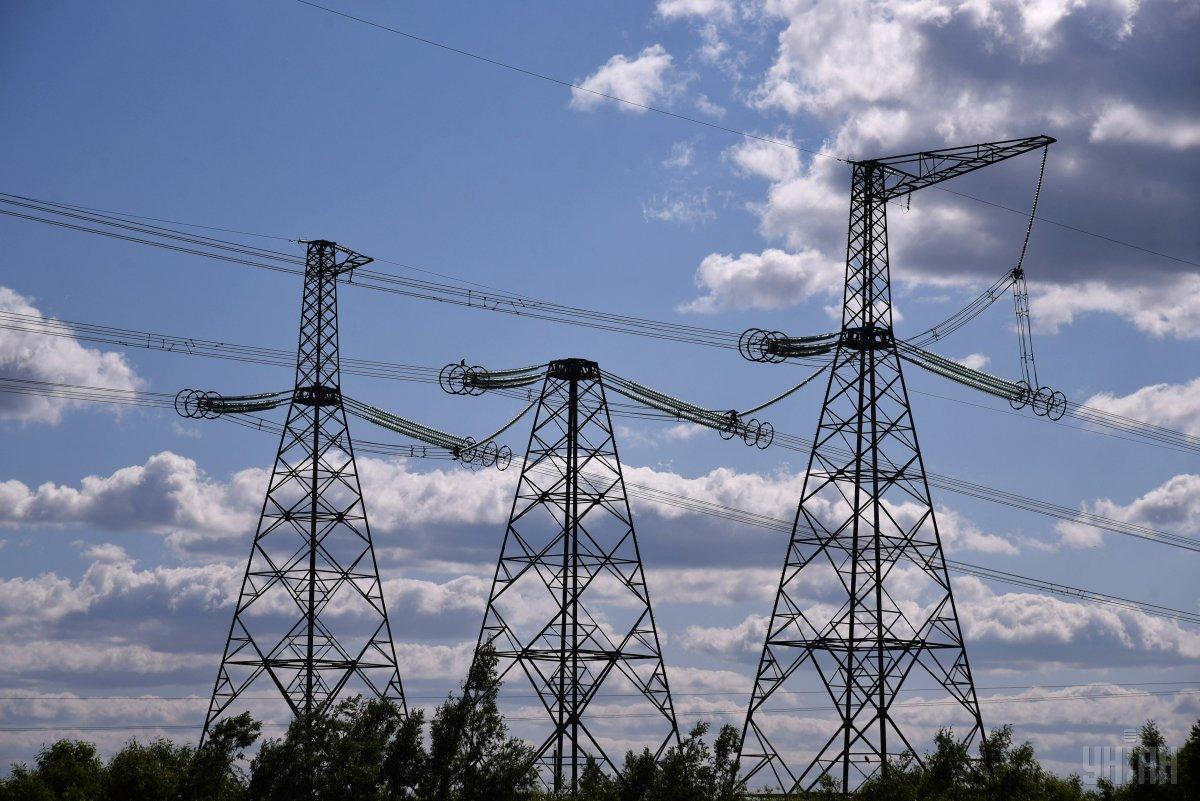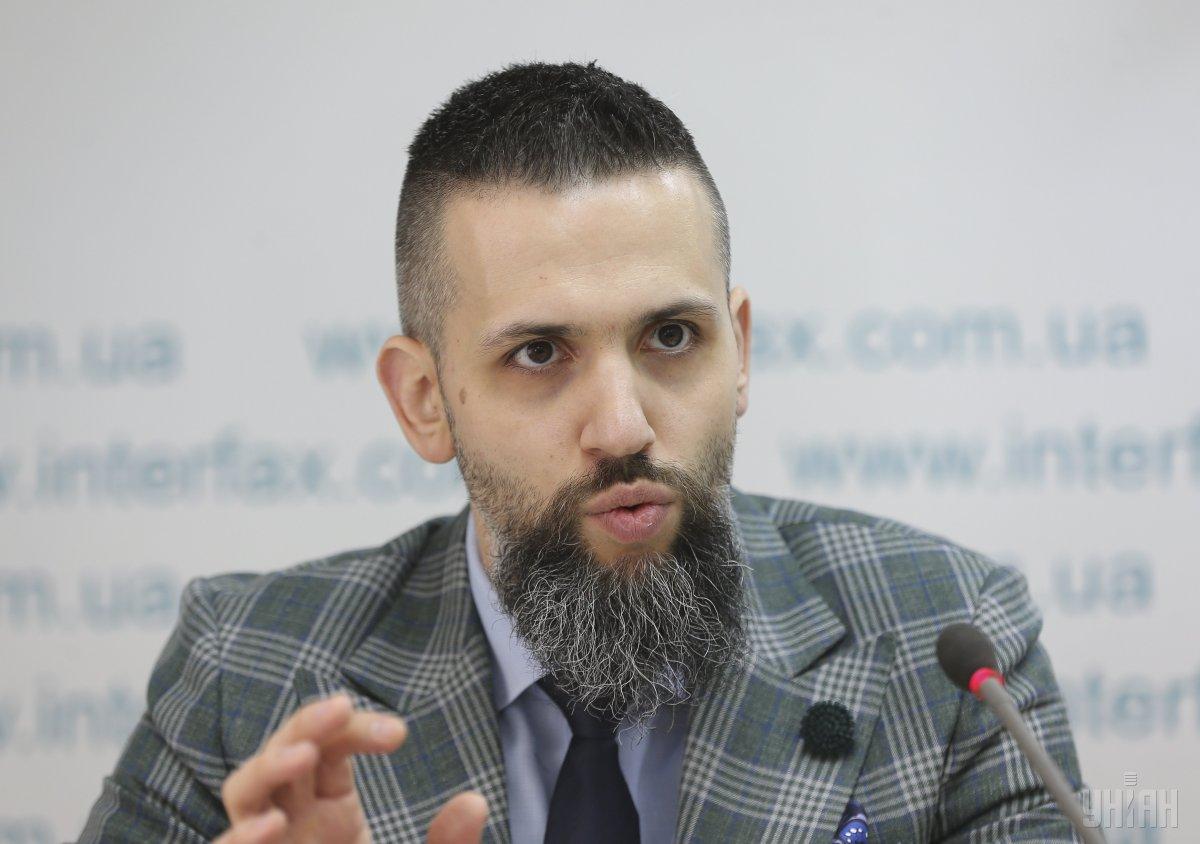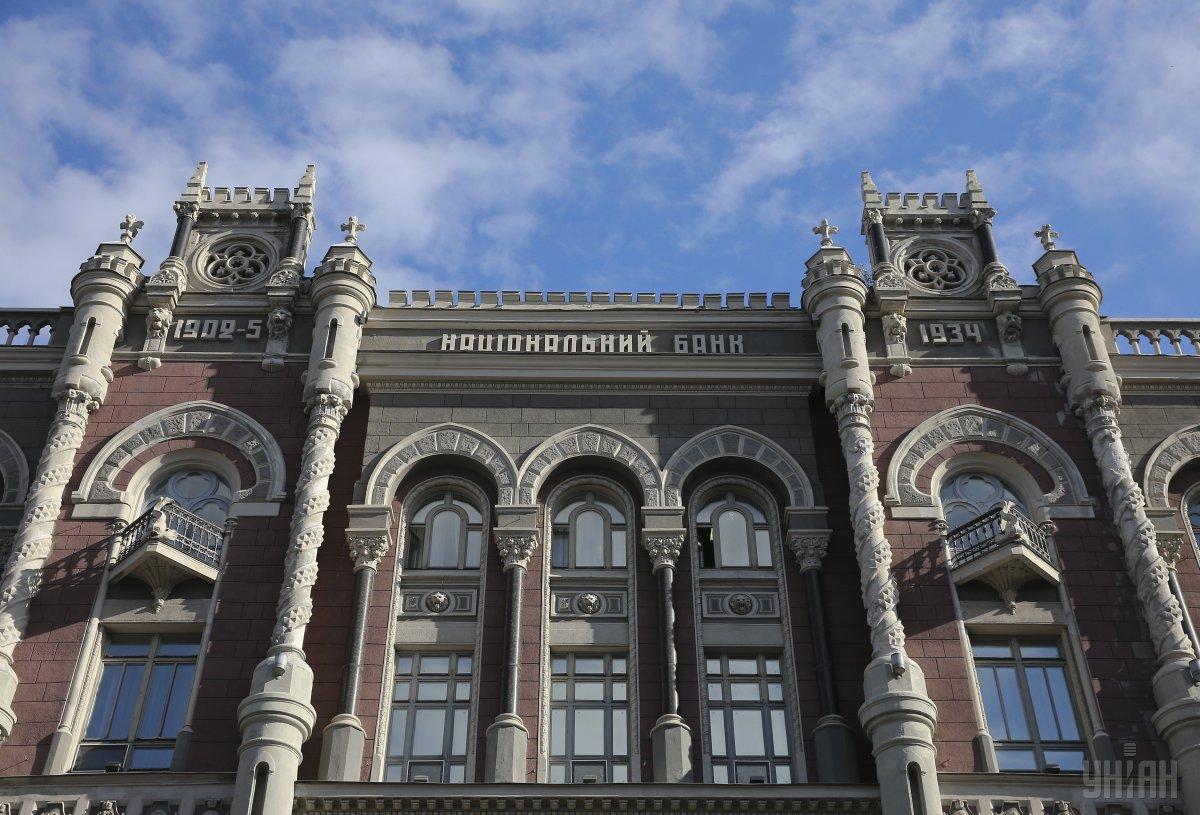
Week's balance: Launch of energy market, forex easing, and Nefyodov starting war against shadow businesses
A new model of the energy market started operating in Ukraine, the National Bank went for another forex deregulation for businesses, while the Cabinet approved First Deputy Minister of Economy Maksym Nefyodov at the post of the country's chief customs officer, handing him an "order" to start war against shadow businesses – these are the main economic news of the outgoing week.
The first week of July was revolutionary for the Ukrainian energy market: its new model started working, the essence of which is that henceforth energy companies will buy electricity at electronic biddings. Previously, the electricity market worked on the principle of all generating companies supplying electricity produced to the state-owned Energorynok at a price set by the National Energy and Utilities Regulations Commission (NEURC). After that, it was electricity suppliers who purchased electricity and redirected it to consumers.
The deep reform of the market was long overdue as well as the transition to European rules. The Ukrainian power industry was on the verge of a crisis: mutual debts without sources of coverage were formed, estimated at UAH 30 billion, low prices for the households were covered by the high cost of electricity for the industry, energy infrastructure failed to receive billions of hryvnias in investments required, while excessive over-regulation led to enormous corruption in the sector.
Therefore, in April 2017, the Parliament adopted a reformist Law on the Electricity Market. It provides for the introduction of more transparent and competitive relations in the energy market, and also meets the requirements of the Third EU Energy Package. Two years were allocated for its implementation.
It is worth noting that the experience of European countries that have carried out such reforms in their countries has shown that at first, following innovations, there will be a significant increase in prices for consumers. After upgrading, creating competition, and adapting to new conditions, prices will decrease, but this will take time – several years. It is clear that this may cause a wave of discontent among the population, already agitated by rising tariffs.

To prevent social unrest and not to harm the economy, the government introduced temporary restrictive measures. The Cabinet of Ministers passed a resolution on special obligations, according to which the state-owned Energoatom will have to sell no more than 90% of its electricity at a fixed price, and Ukrhydroenergo – no more than 35%. This decision will prevent the increase in electricity prices for the households.
In addition, the NEURC set a weighted average price for electricity for industrial consumers at UAH 1.62/kWh.
On July 1, during the first bidding, the price on the market was formed at a level below the established limits. For coal generation (producing the most expensive electricity, not counting alternative generation, which does not participate in the market), the price was set at UAH 1.59/kWh, which is 2% below the weighted average.
Thus, a new electricity market, although within certain limitations, has finally been launched. Ukraine is now facing tasks just as complex, both technical and political: to open the market for the households, bring software maintenance to perfection, ensure competition, and prevent monopolization, integrate the Ukrainian energy system into the EU market, and protect the reform from dubious judicial rulings and the someone's will to curb it.
Nefyodov greenlighted to start "war'

This week, the Cabinet of Ministers at its regular meeting approved First Deputy Minister of Economic Development and Trade Maksym Nefyodov as head of the State Customs Service. Prime Minister volodymyr Groysman expressed support for Nefyodov and noted that, together with the new prestigious status, he received an "order" to start war with shadow businesses.
"Maksym Nefyodov, today you will receive an order to start war with shadow businesses. And as I once supported ProZorro and deregulation, I'll also support your work at customs. We need the result: [goods of] clean businesses must be cleared rapidly, while all shady schemes must be eliminated at the systemic level. And I am convinced that we can do it together," Groysman said.
Nefyodov thanked the government for its support and promised to implement a quality reform of the customs service.
"I would very much like the Verkhovna Rada to support us in the implementation of reform. For my part, I can guarantee that I will not become richer in this office, I will be open to business, and I can guarantee that we will achieve the result that we have shown in many other areas like deregulation or public procurement. We are really pleasantly surprising our international partners," the newly appointed head of the agency noted.
He promised to eliminate the existing fiscal imbalance in customs, so that the agency staff would focus not on the process of collecting duties and filling the state budget, but on ensuring security and facilitating international trade.
Among his priorities as head of the customs service, Nefyodov also called the need to create an electronic customs office and synchronize its work with the customs authorities of other states. In his opinion, this will eliminate corruption. He also promised to increase the salaries of customs operatives to encourage them to work honestly.
"We need to create decent conditions for customs officers and revise their salaries. This is not a problem of customs alone, it is a problem of the entire civil service. Unfortunately, high-quality personnel have left the customs. Almost all the possibilities regarding the development of IT-products have been destroyed," the official added.
In addition, Nefyodov considers it necessary to update the customs infrastructure to speed up the processing of export-import operations.
Forex mitigation for businesses

Another major development of the outgoing week was a new wave of forex deregulation. On Monday, July 1, the National Bank canceled a number of administrative restrictions that created inconvenience to Ukrainian companies, foreign investors, and diplomatic missions.
The regulator has canceled the cap on financing foreign representative offices and separate divisions of companies. Previously, there was a general limit on investing abroad for businesses at EUR 2 million per year. At the same time, to minimize the risks of unproductive outflow of capital, the National Bank ordered that banks receive detailed estimates from companies and other documents with a justification that these transactions are really necessary. Also, this easing will not apply to transactions on transfering funds to the aggressor or occupier states, offshore zones, and countries violating FATF recommendations.
In addition, the regulator simplified the reinvestment of foreign investors' income from transactions with Ukrainian securities, by allowing the funds received on securities in a foreign depositary bank to be transferred from the correspondent account of this institution to its account in Ukraine. The NBU has expanded the list of transactions that are allowed to be conducted in Ukraine in foreign currency, supplementing it with operations between financial institutions and the Cabinet of Ministers in the framework of international agreements on credits, grants, and loans.
Also in the first week of July, the State Fiscal Service made another gift to businesses by granting 239 Ukrainian enterprises the status of authorized exporter, which will allow them to export goods to the EU under simplified conditions. At the same time, the State Fiscal Service of Ukraine extended the term for granting by customs of the said status to the exporting enterprises from thirty to ninety calendar days from the date of receipt of the corresponding application.
Incidentally, in the outgoing week, the European Commission reported that over the past twelve months, Ukraine entered the TOP 3 of largest agricultural suppliers to the EU, having delivered such goods worth almost EUR 6.3 billion. On year, imports of agriproducts from Ukraine grew by EUR 0.8 billion, or 14%.
Week-start will be important with regard to Ukraine's movement toward Europe as the Ukraine-EU summit will be held in Kyiv, in which all key leaders of the European Union will take part. In addition, in the second week of July, the Ukrainian parliament will continue its work in a session mode and may adopt a number of important laws, while the State Statistics Service will report on the inflation rate for the first summer month.
Nadiia Burbela

